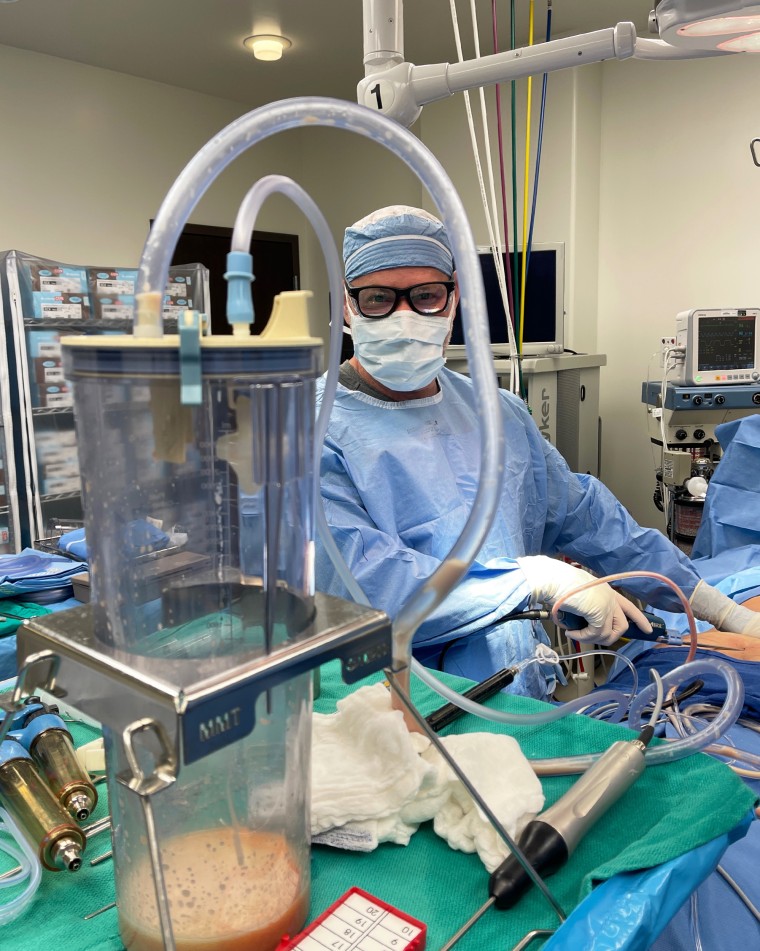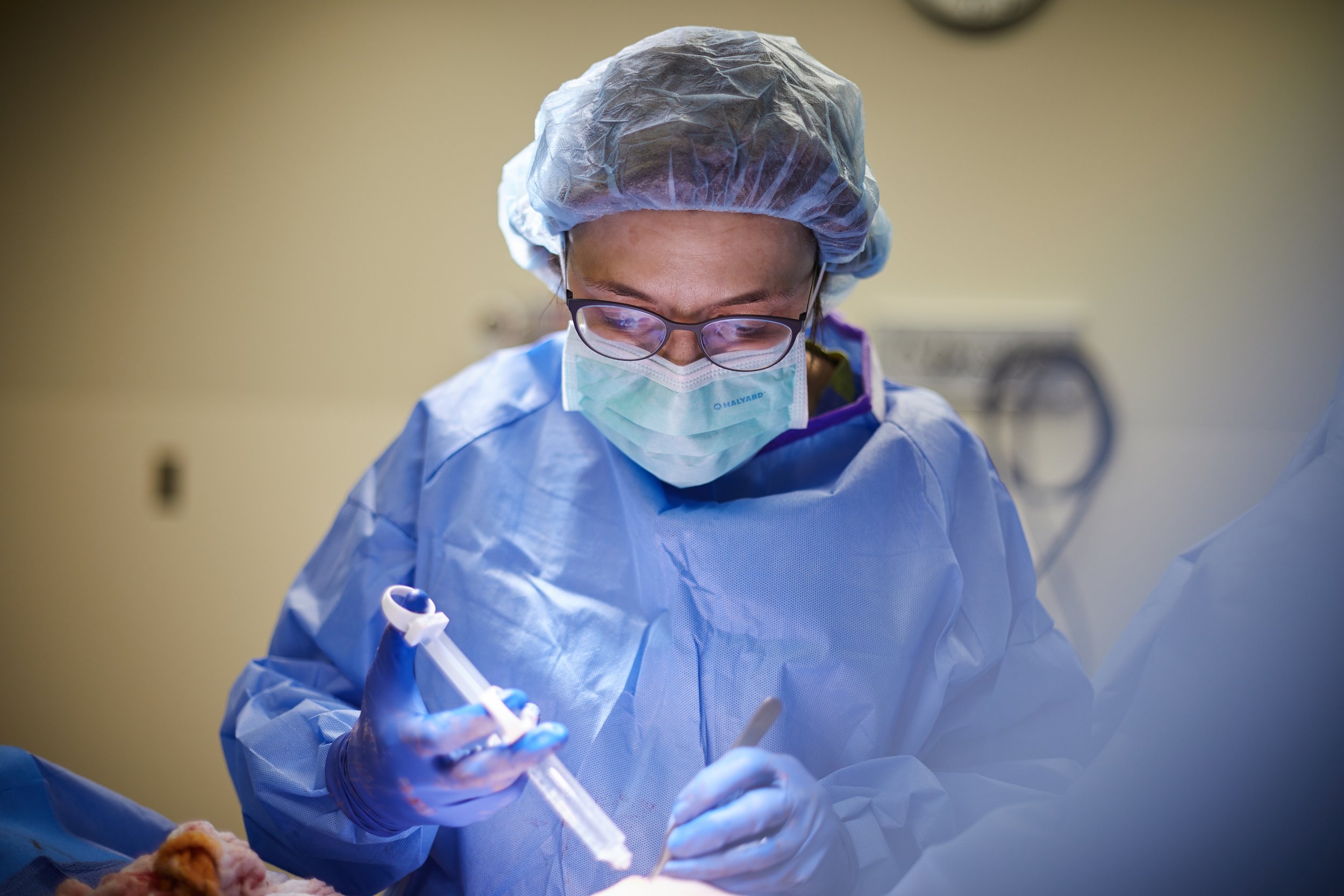Facelift Rancho Cucamonga: Reverse the Clock with Advanced Anti-Aging Solutions
Exploring the Psychological and Social Variables That Drive People to Take Into Consideration Plastic Surgery as a Means of Renovation
The choice to pursue cosmetic surgical procedure usually expands past mere appearances, intertwining with social and mental characteristics that warrant comprehensive exam. Factors such as self-confidence, pervasive societal charm standards, and the pervasive influence of social media assemble to form individual inspirations for surgical enhancement. As these impacts come to be significantly noticeable, understanding the underlying emotional and social contexts is necessary. What stays to be checked out is the profound influence these factors have not only on individual identification yet additionally on more comprehensive societal norms and values surrounding elegance and approval.
The Function of Self-confidence
Self-esteem considerably affects an individual's choice to go after plastic surgery. Individuals with reduced self-esteem frequently perceive themselves in a negative light, resulting in feelings of insufficiency regarding their physical appearance. This adverse self-perception can drive them to look for medical interventions as a method of boosting their self-image. The desire for renovation in one's look is frequently connected to an idea that such adjustments will boost their general self-respect and confidence.

Eventually, the duty of self-worth in the decision-making process relating to cosmetic surgery highlights the complicated interaction in between body image, personal contentment, and mental health and wellness. Recognizing this partnership is vital for medical care professionals to guarantee that clients are making notified choices rooted in practical assumptions and emotional well-being.
Societal Charm Criteria
Influenced by pervasive media portrayals and cultural narratives, social elegance criteria play an important function fit people' assumptions of their very own bodies. These requirements are usually characterized by an idealized type of charm that emphasizes qualities such as slimness, balance, and youthful vigor. As these ideals are continued through various networks, consisting of advertising and marketing, tv, and movie, individuals frequently internalize these messages, causing dissatisfaction with their all-natural look.
The effects of these social norms extend past visual choices; they can influence self-confidence, psychological health, and social connections. Individuals that perceive themselves as disappointing these standards might experience sensations of inadequacy, prompting a desire for cosmetic surgical procedure as a way of achieving societal approval. This pursuit is often sustained by the idea that adapting these perfects will certainly boost not only physical look but likewise social standing and individual fulfillment.

Impact of Social Media Site
The effect of social appeal standards is further amplified by the surge of social networks platforms, where curated pictures and idyllic representations of appeal are common. Users are regularly exposed to filtered and modified photographs, which frequently depict unattainable physical attributes. This direct exposure cultivates a culture of comparison, leading individuals to evaluate their own look versus these usually unrealistic standards.
Social media site influencers and celebs frequently promote cosmetic procedures, normalizing the idea that surgical improvements are a feasible methods for achieving social ideals (plastic surgery rancho cucamonga). The presence of these improvements can develop a perception that going through plastic surgery is a basic technique, thus influencing people to think about similar treatments as a pathway to enhanced self-esteem and social acceptance
Additionally, the interactive nature of social media enables for prompt comments via likes and remarks, even more enhancing the need to satisfy popular charm requirements. Such communications can intensify sensations of inadequacy and drive individuals toward plastic surgery as a way of getting recognition. Eventually, social media sites plays a crucial duty in forming perceptions of charm, which dramatically impacts the decision-making processes surrounding cosmetic surgical treatment.

Social Viewpoints on Look
Across different cultures, understandings of look are deeply rooted in historical, social, and economic contexts, forming people' sights on charm and desirability. In several societies, look works as a significant marker of identification, influencing social standing, specialist chances, and personal connections. For instance, in some societies, light skin is commonly connected with wealth and benefit, while others may idealize darker complexion as signs of toughness and authenticity.
Moreover, conventional elegance criteria are typically bolstered with social narratives, media depictions, and family members affects, causing differing perfects across different regions (plastic surgery rancho cucamonga). In Western cultures, the focus on youth and fitness commonly drives individuals toward aesthetic improvement, while in specific Eastern societies, even more refined modifications aligned with conventional aesthetics might be liked
Globalization and the why not try these out spreading of digital media have actually additionally made complex these dynamics, creating a hybridization of elegance suitables that transcends geographical boundaries. As people significantly browse these social stories, the stress their website to adapt particular look standards can lead to the desire for plastic surgery, reflecting a complex interplay of individual ambitions and cultural worths. Comprehending these social perspectives is vital in resolving the motivations behind plastic surgery considerations.
Emotional Influences of Cosmetic Surgery
Lots of individuals looking for cosmetic surgical procedure report experiencing profound emotional impacts that can dramatically modify their self-perception and psychological wellness - plastic surgery rancho cucamonga. The need for physical improvement usually stems from underlying issues such as reduced self-confidence, body dysmorphic problem, or social pressures concerning charm requirements. For some, the instant post-operative stage can bring about a short-term increase in self-esteem and fulfillment with their look, promoting a sense of empowerment
Nonetheless, these positive feelings might not be enduring. Research study shows that while some people experience improved self-worth, others may deal with heightened anxiety or clinical depression if their expectations are not met. This inconsistency can develop from unrealistic perfects bolstered by media representation and cultural stories bordering appeal.
Moreover, the psychological implications of cosmetic surgical treatment expand beyond the individual. Relationships with family members and buddies may be stressed as social dynamics change, causing feelings of seclusion or alienation. Inevitably, the emotional influences of plastic surgery are intricate and diverse, calling for cautious consideration by both possible individuals and healthcare suppliers to make certain enlightened decision-making and realistic expectations.
Verdict
Finally, the decision to pursue plastic surgery is dramatically affected by a combination of self-worth concerns, social elegance criteria, and social point of views on appearance. The pervasive reach of social networks better exacerbates these pressures, advertising unrealistic perfects that individuals frequently make every effort to acquire. Comprehending these social and emotional aspects is necessary for attending to the motivations behind cosmetic surgical treatment, highlighting the demand for a much more nuanced conversation bordering appeal and self-acceptance in contemporary culture.
The decision to pursue cosmetic surgery usually extends past plain aesthetics, linking with emotional and social characteristics that merit comprehensive examination. Eventually, social media plays an essential duty in shaping assumptions of appeal, read what he said which dramatically affects the decision-making procedures bordering cosmetic surgical treatment.
As individuals progressively navigate these cultural narratives, the pressure to adhere to certain look criteria can lead to the need for cosmetic surgery, reflecting a complex interplay of social worths and individual ambitions.In final thought, the choice to seek cosmetic surgical treatment is substantially affected by a mix of self-esteem concerns, social appeal requirements, and cultural perspectives on look. Recognizing these social and emotional variables is crucial for attending to the inspirations behind cosmetic surgery, highlighting the need for a much more nuanced discussion surrounding charm and self-acceptance in modern culture.